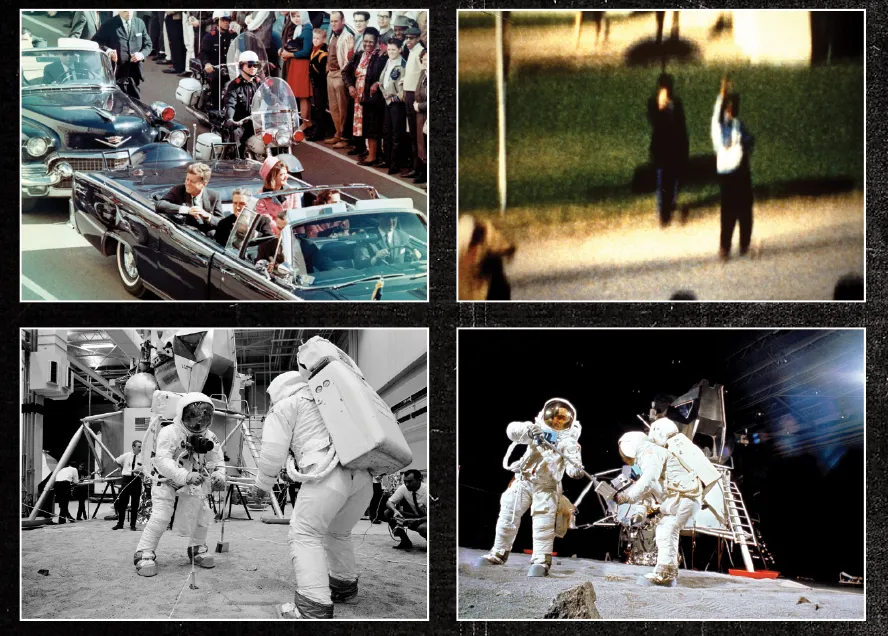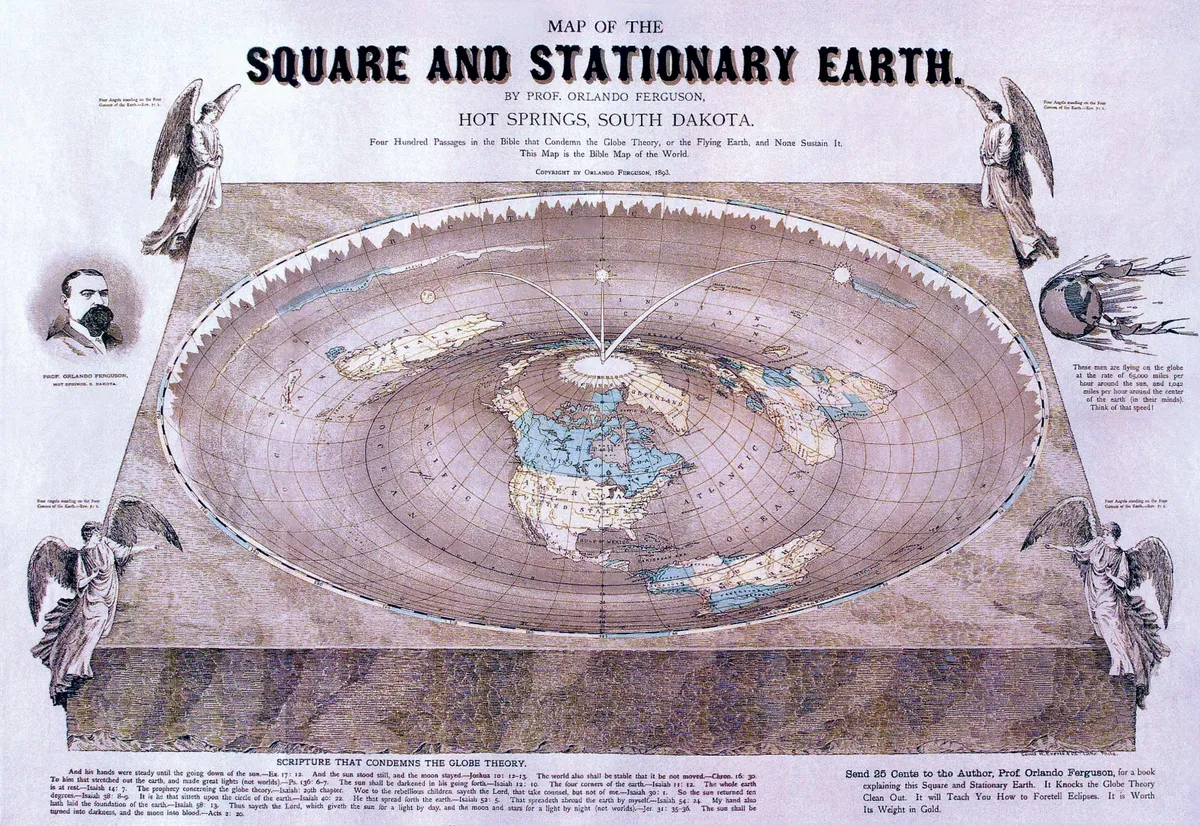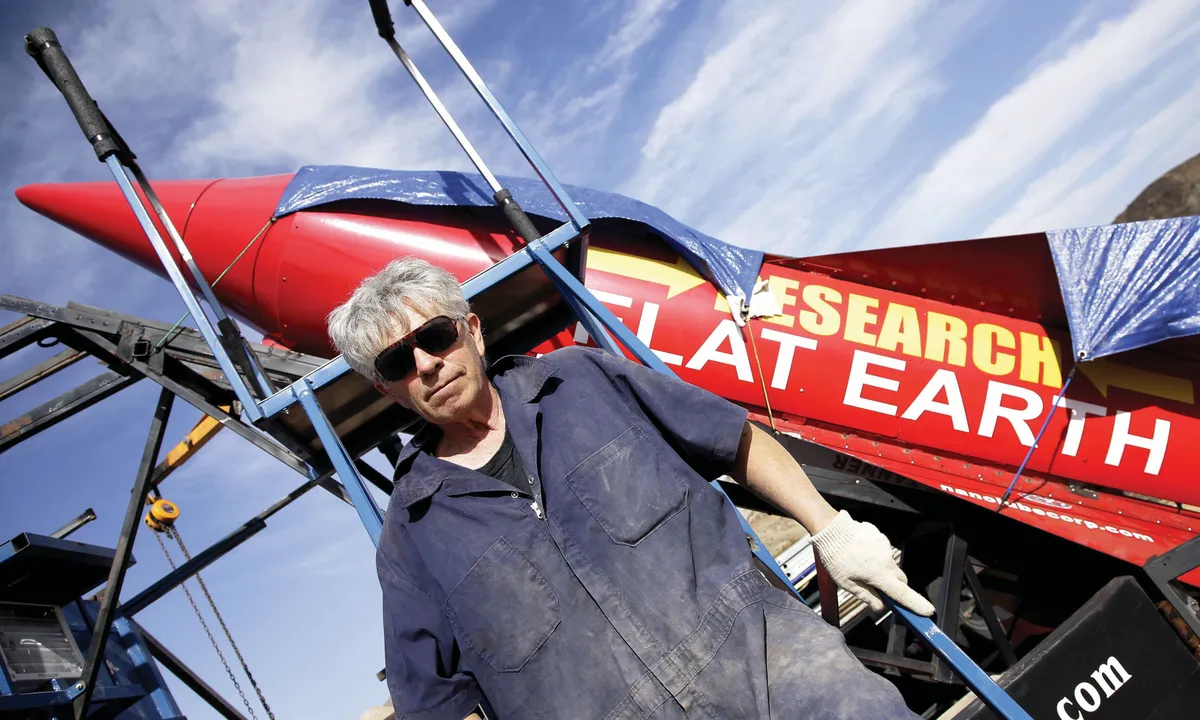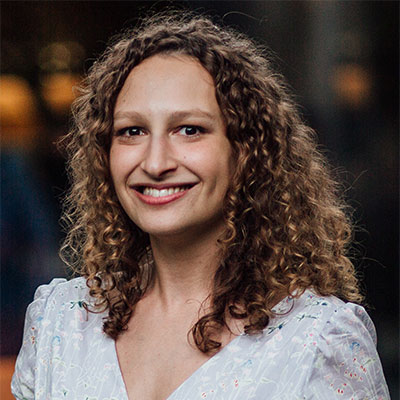For more than 50 years, Gary Heather believed, unquestioningly, that the Earth is a globe. But one evening in August 2015, he was browsing YouTube at his home in Hampshire and found a video called Flat Earth Clues. He watched all two hours, five minutes and 43 seconds of the film – and he wished it was longer.
He describes the moment as a kind of awakening: “You’re having a cup of coffee, and you always have the same brand, and in your mind you think that brand is how coffee tastes. And then all of a sudden you have another brand of coffee, and at that moment you drink it, you instantly realise there are other flavours out there you didn’t know existed.”
Over the last three years, Heather has become a passionate Flat Earther, taking part in experiments to collect evidence calling into question the curvature of the Earth, and campaigning at Speakers’ Corner in Hyde Park. He’s far from alone.
Heather co-organised the UK’s first-ever Flat Earth Convention in April 2018, which saw some 260 Flat Earthers descend on a hotel in Birmingham for three days. The Flat Earth Society’s Twitter feed currently boasts over 88,000 followers.

Conspiracy theories are nothing new, but the rise of Flat Earthers in particular seems to have caught people’s imagination and stoked up their disbelief. So what is it that draws people to these theories, despite untold evidence to the contrary, and what does it reveal about society at large?
Do people really believe the Earth is flat?
Heather, who goes by the name Gary John on social media, is a central figure in the UK’s Flat Earth community. However, in his case, the term Flat Earther is not entirely accurate.
“The thing is, is it flat?” he explains. “There’s a massive question mark about it not being a globe, and we’re assuming the alternative is it must be flat – but how do we know it isn’t concave, or convex, or hollow? I can’t tell you what it is, but I believe I know what it isn’t.
"I’m not a disbeliever of everything I’ve ever been given, but I try to look at it with an open mind. Because I’m not a scientist, I’ve also got to bear in mind that what I come up with may be flawed.”
Heather’s voice lifts with excitement as he describes the atmosphere at the Flat Earth Convention. Attendees could meet other Flat Earthers for the first time, to discuss theories about what shape the Earth really is, and how and why they feel the truth has been covered up for so long.
Heather doesn’t have an answer for this, though he thinks it is likely that the scientists themselves have been misled.
Conspiracy theories are nothing new, but the rise of Flat Earthers seems to have caught people’s imagination
He also believes there are question marks over the existence of gravity, the Moon landings, the assassination of JFK and what really happened on 9/11.
I ask him what he thinks about the anti-vaxxer conspiracy theory: the idea that vaccines cause harmful effects such as autism which are being covered up. This is another belief that has been increasingly hitting the headlines in recent years, with a raft of celebrities coming out in support of the movement.
Similar to many anti-vaxxers, Heather expresses a distrust of the people who make these vaccines. “Pharmaceutical companies are out to make, for want of a better word, a fast buck,” he says. When I tell him I think it’s far more dangerous not to vaccinate your children, he tells me, “I would totally disagree.”

Just like the Flat Earth hypothesis and the idea that the Moon landings were faked, the link between vaccinations and autism is completely unsupported by scientific evidence. But conspiracy theorists question the institutions that provide this evidence, and countering their beliefs with logical reasoning doesn’t seem to work. Instead, we need to look to psychologists and sociologists to help us understand why these theoriesexist, and whether they’re on the rise. This latter question is a particularly controversial one.
Dr Rob Brotherton is a psychologist at Goldsmiths, University of London and the author of Suspicious Minds: Why We Believe Conspiracy Theories. “People are always saying that this is the golden age of conspiracy theories, that there have never been more than now,” he explains, “but the historical perspective suggests that that’s maybe not the case.”
Dr Michael Wood, a lecturer in psychology at the University of Winchester, says that it has been difficult to measure the change in conspiracy theories over time because earlier surveys took a scattergun approach, asking about different theories and using different wording.
One study that does offer some hints was carried out by political scientists Joseph E Uscinski and Joseph M Parent in 2014. They turned to the letters pages of the The New York Times and the Chicago Tribune from 1890 to 2010, counting letters to the editor that referred to conspiracy theories. While they found spikes, such as in the 1950s during the ‘Red Scare’ when fear of communism was at its peak, the authors did not find that conspiracy theories have become more common – in fact, the level has remained fairly consistent.
This is what we would expect to find, says Brotherton: “Believing in conspiracy theories is, at least in part, a psychological phenomenon. Everyone is on a spectrum: some are more inclined to believe and some are less, and it makes sense that this would stay relatively stable over time.”
Have peoplehad enough of experts?
What has changed in the last decade, however, is that the rapid growth of the internet has made it easier for conspiracy theorists to find each other, says Dr Harry Dyer, a lecturer in education at the University of East Anglia. This is what made Heather’s convention possible.
More than this, social media, Dyer explains, has had a levelling effect, meaning experts have less power than they used to. This was never clearer than when rapper B.o.B tweeted about his belief that the Earth is flat in 2016.
His voice was just as powerful as – if not more powerful than – that of Neil deGrasse Tyson, the astrophysicist and head of the Hayden Planetarium in New York City, who tweeted back his own evidence.
Dyer argues: “On social media, everybody gets to have a say and create knowledge. Celebrities like B.o.B can have their say about the shape of the Earth alongside Neil deGrasse Tyson. They both have an equal footing on Twitter, and that means that knowledge has been separated from traditional power structures.”

Dyer argues that this trend of toppling scientists from their pedestals is linked to the enormous political upheavals that have taken place in the last few years. Take politician Michael Gove’s famous 2016 claim that, “People in this country have had enough of experts,” when he was challenged to name economists who supported Brexit.
Or consider Donald Trump’s presidential aide Kellyanne Conway’s coining of the term “alternative facts” in 2017, in order to defend inflated claims of the crowd size at Trump’s inauguration. Dyer says that this sort of rhetoric “is being wielded more and more to say: we don’t need knowledge, we’ve got emotions, we’ve got our gut feelings about the world. It speaks to a general shift away from experts, which can have, as we’ve seen, quite dramatic effects.”
But why would someone be drawn to believing a conspiracy theory when there’s so much evidence that points to the contrary? Brotherton says that certain biases in our thinking can help to explain this.
“Our brain has a bias towards seeing meaning rather than just chaos, so sometimes we may think we see a pattern when it doesn’t really exist.” He explains that this has evolutionary benefits: if a noise in the bushes is believed to be caused by a tigerrather than the wind, the listener will take evasive action which could save his life. “So when it comes to conspiracy theories, it’s all about taking ambiguous information and weaving it all together, spotting the patterns and connecting the dots.”

Then there is proportionality bias, where we assume that if something big happens, such as a terrorist attack or a president being assassinated, something big must have caused it.
“President Kennedy was assassinated by a lone gunman who no one had ever heard of, which psychologically does not fit with our intuition,” says Brotherton. So a conspiracy theory develops that it was caused by something bigger: the Mafia, the CIA, the Illuminati.
A 1979 study demonstrated this effect by showing participants fake newspaper articles with two versions of the same story. In one version, an assassination attempt on a president was successful and the president died; in the other, the president survived. When faced with the bigger outcome (the president dying), participants preferred a conspiratorial explanation; when the outcome was less significant, they believed the story of the lone gunman.
Why do people believe in conspiracy theories?
Conspiracy theories seem shot-through with paranoia, and there is evidence to suggest that the more paranoid someone is, the more they tend to believe these theories. But Brotherton points out that studies show that this is not severe, ‘clinical level’ paranoia. “It’s mundane, everyday suspicions that we all have to some extent – not outlandish, tinfoil hat levels of paranoia.” Recent studies have also found that people who are more likely to believe in conspiracy theories also tend to have a need for uniqueness – a desire to be in the small group of people who are ‘in the know’.
Knowledge hasbeen separatedfrom traditional power structures
In the grand scheme of things, conspiracy theorists can seem pretty harmless. But there can also be a dangerous side to these theories when they take hold. In July 2018, Public Health England announced that more than 750 cases of measles had been identified across England, with the figure continuing to rise to this day, with anyone who had not received two doses of the MMR vaccine at risk – the vaccine at the centre of the anti-vaxxer conspiracy theory. And Dyer believes that the anti-expert, ‘follow your gut’ rhetoric that fuels conspiracy theories is also helping to fuel the rise of the alt-right and neo-Nazism in Europe and America.

Brotherton is careful to point out, however, that the characteristics linked with conspiratorial thinking are within all of us. “These habits of mind can creep into a lot of beliefs that don’t necessarily look like conspiracy theories on the surface,” he says. “If you think about a time you didn’t get a job you think you deserved, you might find yourself wondering, ‘Maybe someone didn’t want me to get it’.”
Wood agrees: “If a conspiracy theorist is someone who believes in a conspiracy theory, then most of us are conspiracy theorists because most of us believe at least one.” So perhaps the most dangerous thing of all is to assume that conspiracy theorists are all other people.
- This is an edited extract from issue 326 of BBC Focusmagazine.
